45 healthy eating food labels
The Ultimate Guide to Food Labels | EatingWell Low Sodium: The food contains 140 milligrams of sodium or less per serving. Lightly Salted: The item contains 50% less sodium per serving than the standard version of that product. Less Sodium: The item contains at least 25% less sodium per serving compared to the standard version of that product. This is also true for the terms "reduced sodium ... How to Read Food Labels for Healthy Eating - Immuno Labs Reading labels is a great step toward healthy eating, but there is one more thing you can do for yourself and your peace of mind. Food sensitivities affect a large portion of the population, but because the symptoms are often mild (acne, occasional stomach pain, etc), you may not associate them with your food.
Making Sense of Food Labels | ADA - American Diabetes Association As of January 2021, labels must include added sugar to help you know the difference between sugar that occurs naturally in the food (like yogurt or fruit) and sugar that was added during processing (like in cookies, candy and soda). Many labels have already made the change. Learn more about sugar and the three main types of carbohydrates.
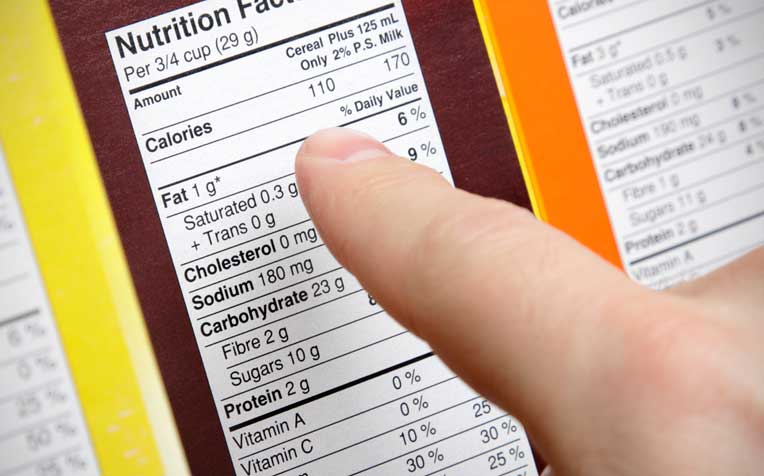
Healthy eating food labels
How to Read Food Labels Without Being Tricked - Healthline Still, processed foods that are labeled low-carb are usually still processed junk foods, similar to processed low-fat foods. Made with whole grains. The product may contain very little whole ... How To Read Food and Beverage Labels - National Institute on Aging At the top of the Nutrition Facts label, you will find the total number of servings in the container and the food or beverage's serving size. The serving size on the label is based on the amount of food that people may typically eat at one time and is not a recommendation of how much to eat. Read more about serving and portion sizes. Reading Food Labels (for Parents) - Nemours KidsHealth A food with 5% or less of a nutrient is low in that nutrient. A food with 10%-19% of a nutrient is a good source of that nutrient. A food with 20% or more of a nutrient is high in that nutrient. The information on food labels is based on an average diet of 2,000 calories per day.
Healthy eating food labels. Food labels - NHS Food labels. Nutrition labels can help you choose between products and keep a check on the amount of foods you're eating that are high in fat, salt and added sugars. Most pre-packed foods have a nutrition label on the back or side of the packaging. These labels include information on energy in kilojoules (kJ) and kilocalories (kcal), usually ... Understanding Food Labels - The Nutrition Source Understanding Food Labels. The information on food labels is intended to help consumers become savvy about their food choices. The front, back, and sides of a package are filled with information to inform us what the food contains and to provide guidance in making healthier selections of processed foods. However, all the numbers, percentages ... How to Understand and Use the Nutrition Facts Label | FDA - U.S. Food ... Overview. The information in the main or top section (see #1-4) of the sample nutrition label (below) can vary with each food and beverage product; it contains product-specific information ... Use of the Term Healthy on Food Labeling | FDA Nutrient Content Claim "Healthy". Claims like "healthy" on food labels can provide information to consumers to help them identify healthier food choices at a quick glance. Foods must meet ...
Food labels | Office on Women's Health Food labels. The labels on packages are important tools you can use to find out what is in the food you eat. Make healthier food choices by learning more about the Nutrition Facts label and the ingredient list. The Food and Drug Administration (FDA) didn't require the Nutrition Facts label until 1991. The FDA has updated the Nutrition Facts label. The FDA Wants to Update the Definition for "Healthy" Claims on Food Labels The FDA is looking to regulate the use of the word because of the rise of diet-related illnesses in the U.S. "In the current marketplace, about 5 percent of all packaged foods are labeled as 'healthy,'" the FDA writes in the proposal. "Because nutrition science has evolved over time, updating the definition of the implied nutrient content claim ... Food Labels | CDC - Centers for Disease Control and Prevention All the numbers on this label are for a 2/3-cup serving. This package has 8 servings. If you eat the whole thing, you are eating 8 times the amount of calories, carbs, fat, etc., shown on the label. Total Carbohydrate shows you types of carbs in the food, including sugar and fiber. Choose foods with more fiber, vitamins, and minerals. How to understand food labels | Eat For Health Sometimes labels will include nutrition content claims like 'low fat', 'reduced salt' or 'high fibre'. These claims can only be used if the food meets certain criteria. For example, with a 'good source of calcium' claim, the food must contain more than a set amount of calcium. While nutrition content claims can generally guide ...
Reading Food Labels - HealthHub Reading Food Labels. Food labels and nutrition labels are useful in helping you make informed, healthy choices when buying food products. Reading food labels can provide you with information on healthier food products as well as help you decipher the nutrient claims that may be present on food packaging. FDA Proposes Updated Definition of 'Healthy' Claim on Food Packages to ... Español. Today, the U.S. Food and Drug Administration proposed updated criteria for when foods can be labeled with the nutrient content claim "healthy" on their packaging. Food Labels | Reading Food Labels | Healthy Eating - Cookingnook.com Labels can be confusing and it can be difficult to understand how eating that food might affect your diet and overall health. Here is some information about how to read food labels so you can make healthy food choices. Serving Size. Serving size is the first detail you will see. The amount of this particular food that is considered by the ... What do food freshness labels really mean? - Harvard Health A. Food freshness labels really can be confusing, making us wonder if we'll get sick by eating something after it's past its "sell by," "use by," or expiration date. But most of these dates aren't actually warning us that the food will be spoiled at that point — only that it won't maintain its best taste and texture by then.
Healthy Eating for Adults | MyPlate Eat a variety of foods. Fruits, vegetables, whole grains, protein foods, and fat-free or low-fat dairy or fortified soy alternatives are healthy choices. Include a variety of protein foods such as seafood, lean meats, poultry, beans, peas, lentils, nuts, and eggs.
Understanding Food Nutrition Labels | American Heart Association Learning how to understand and use the Nutrition Facts label can help you make healthier eating choices and identify nutrient-dense foods for a healthy diet. Here are some tips from the American Heart Association for making the most of the information on food labels. Learn what to look for on the label.
Reading Food Labels (for Parents) - Nemours KidsHealth A food with 5% or less of a nutrient is low in that nutrient. A food with 10%-19% of a nutrient is a good source of that nutrient. A food with 20% or more of a nutrient is high in that nutrient. The information on food labels is based on an average diet of 2,000 calories per day.
How To Read Food and Beverage Labels - National Institute on Aging At the top of the Nutrition Facts label, you will find the total number of servings in the container and the food or beverage's serving size. The serving size on the label is based on the amount of food that people may typically eat at one time and is not a recommendation of how much to eat. Read more about serving and portion sizes.
How to Read Food Labels Without Being Tricked - Healthline Still, processed foods that are labeled low-carb are usually still processed junk foods, similar to processed low-fat foods. Made with whole grains. The product may contain very little whole ...
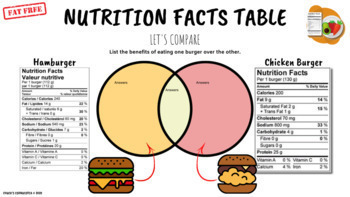
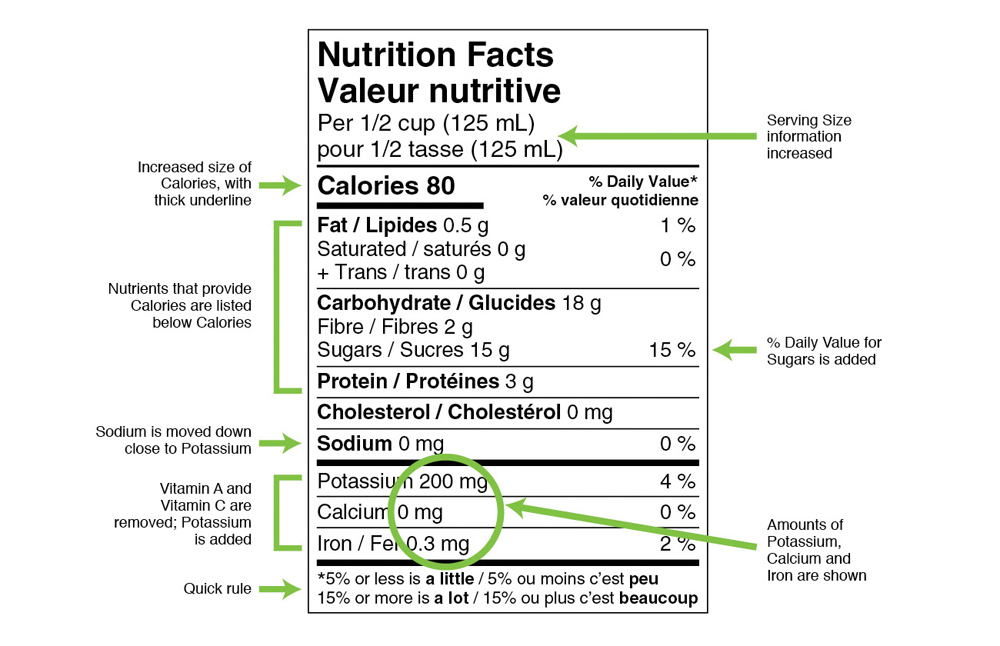
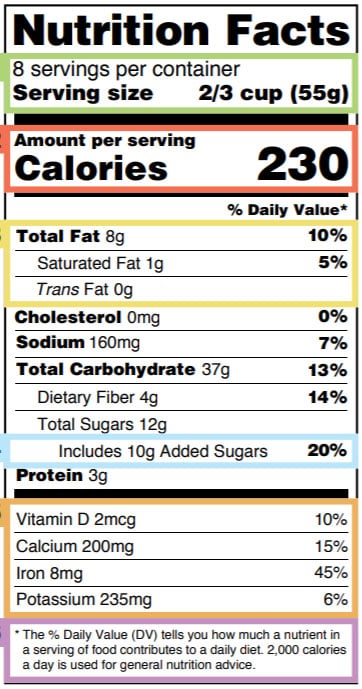
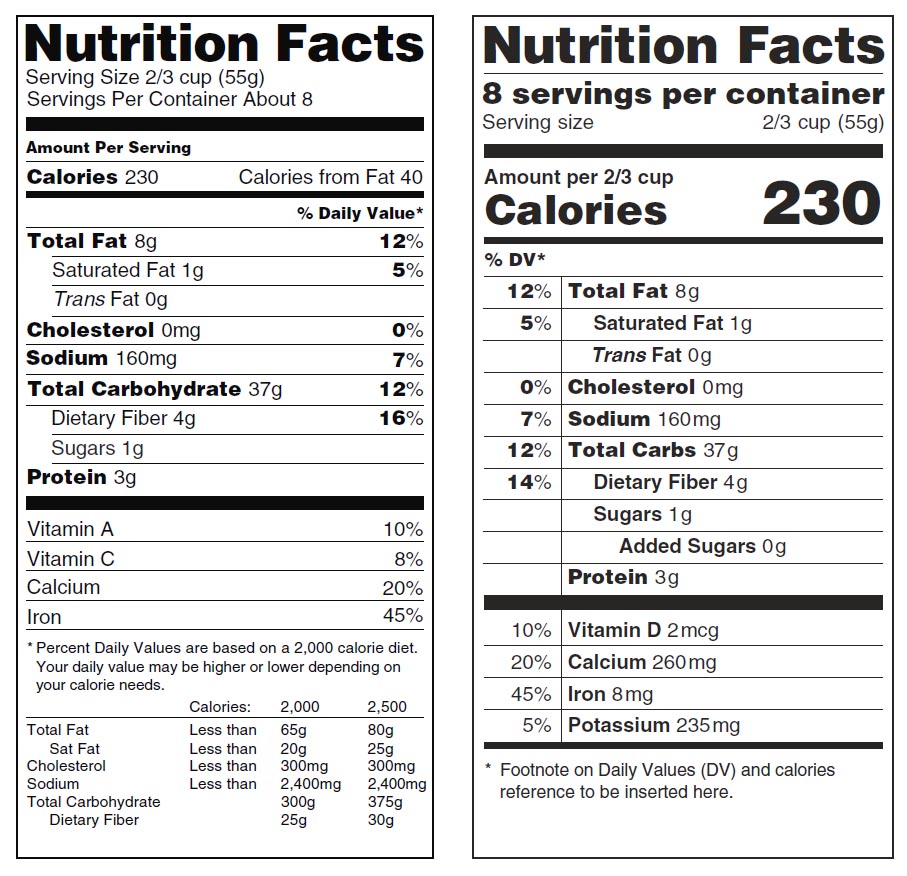
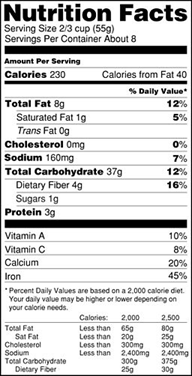
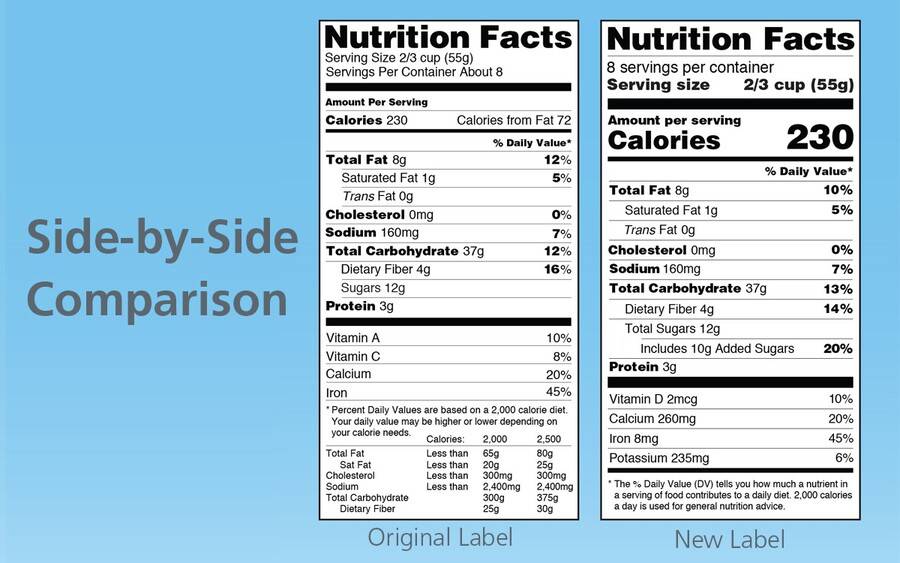

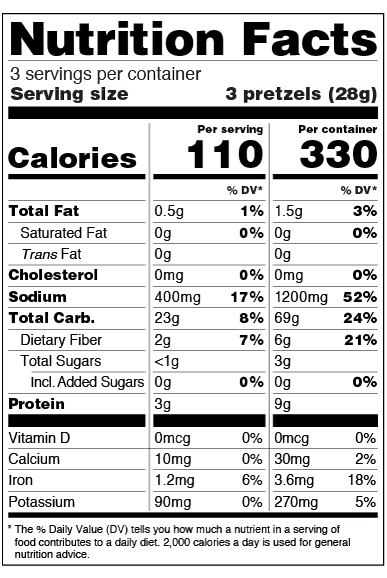

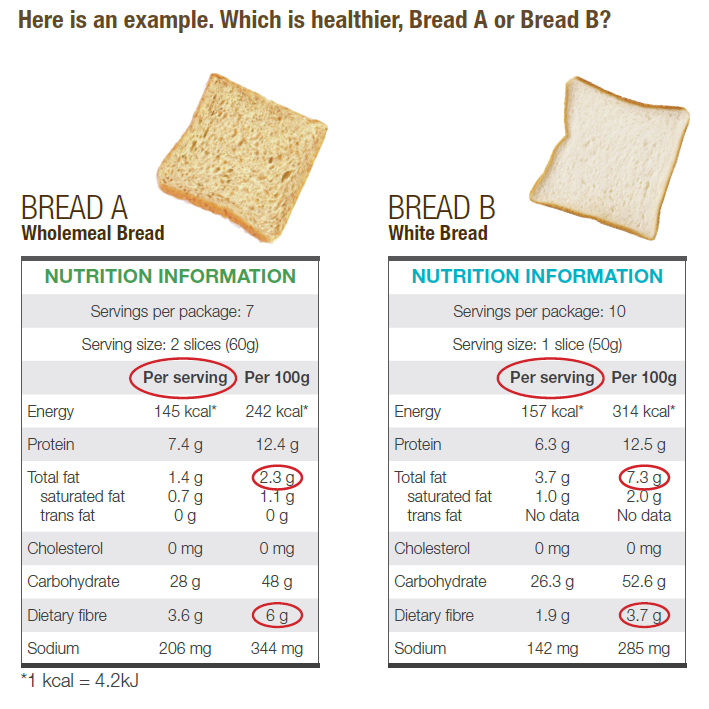
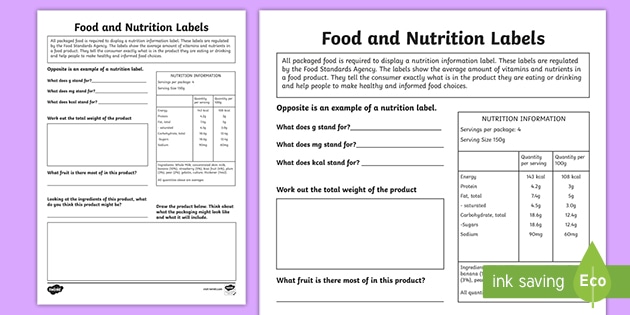
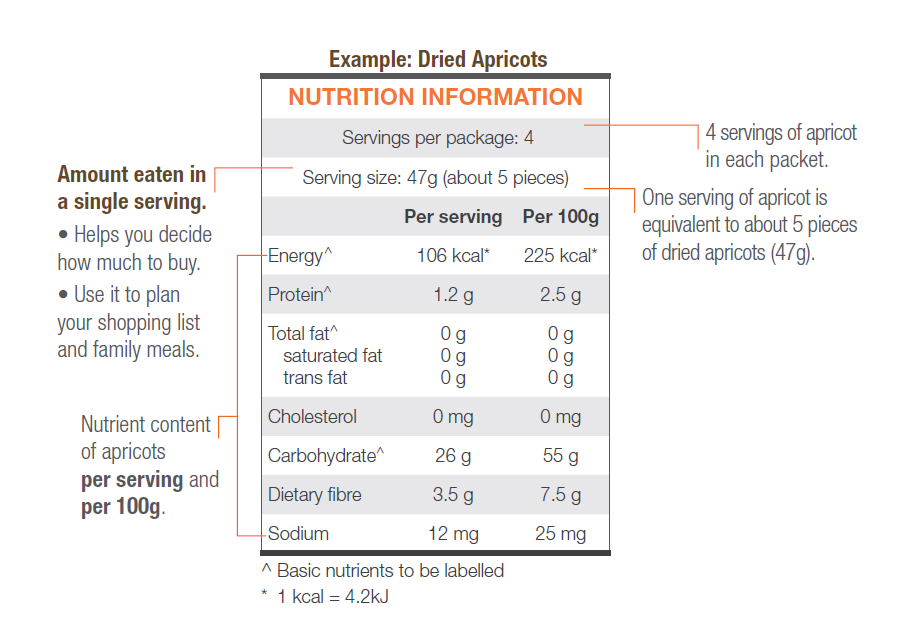
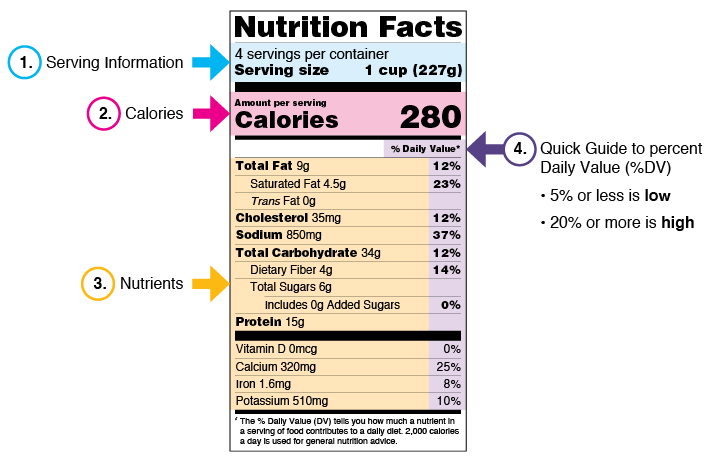


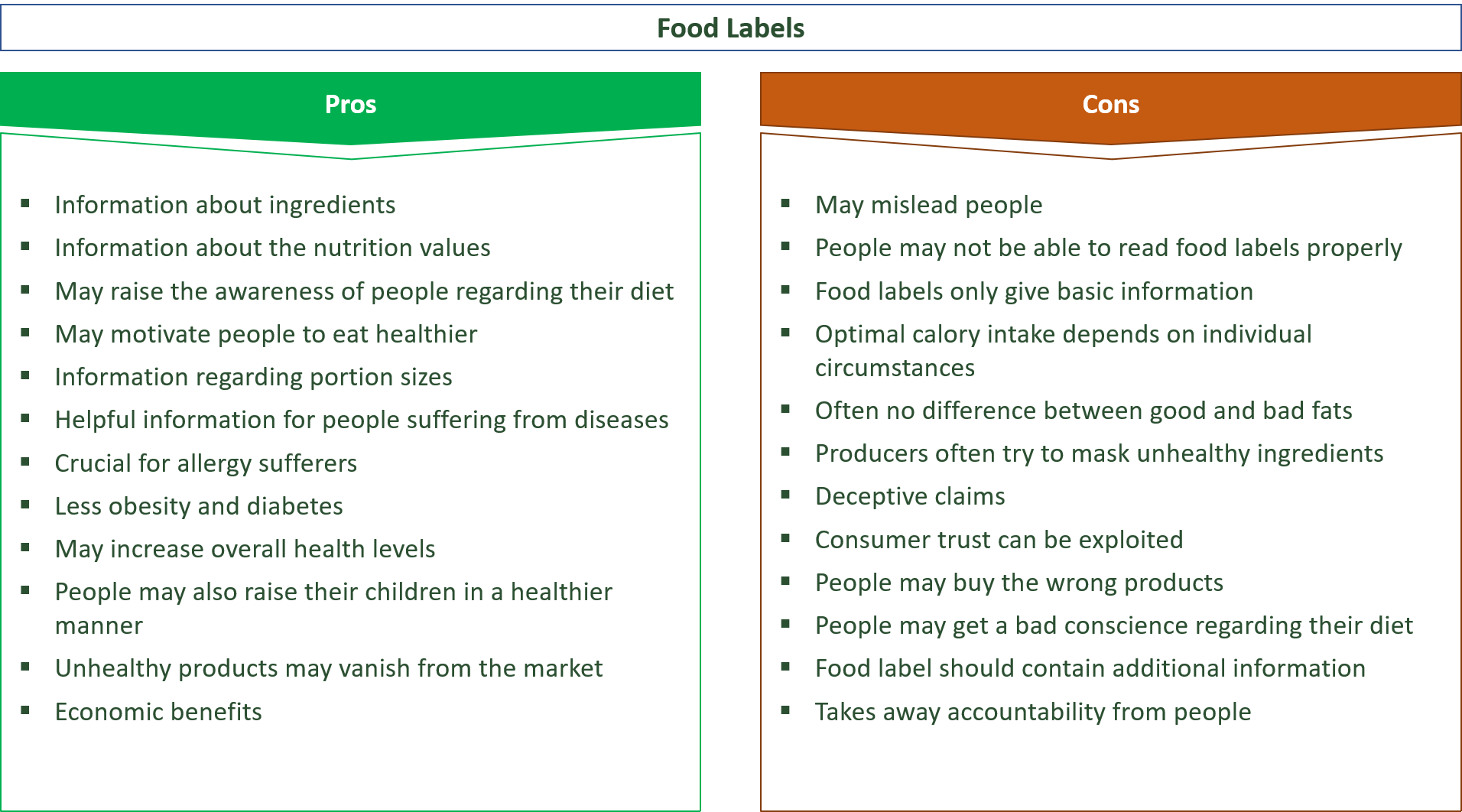





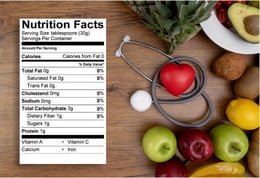



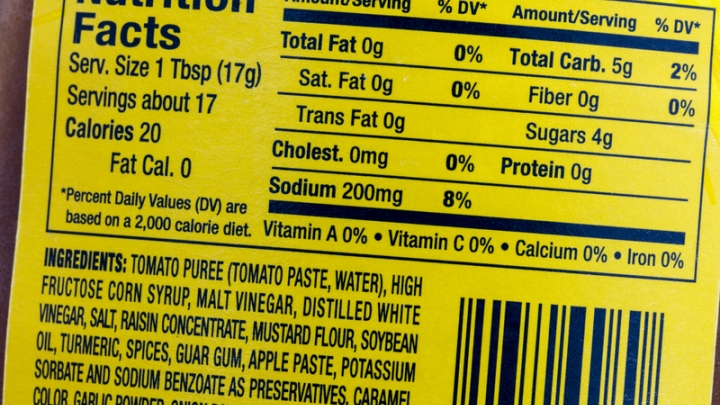



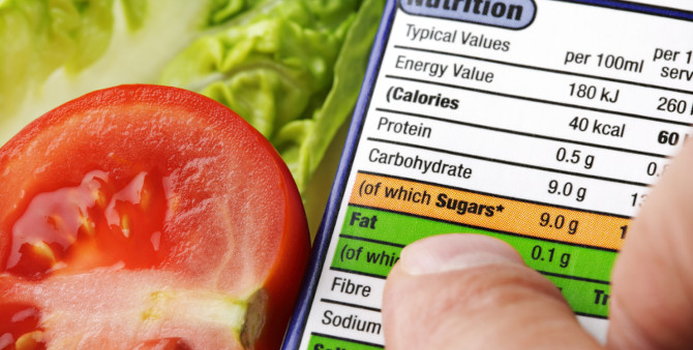
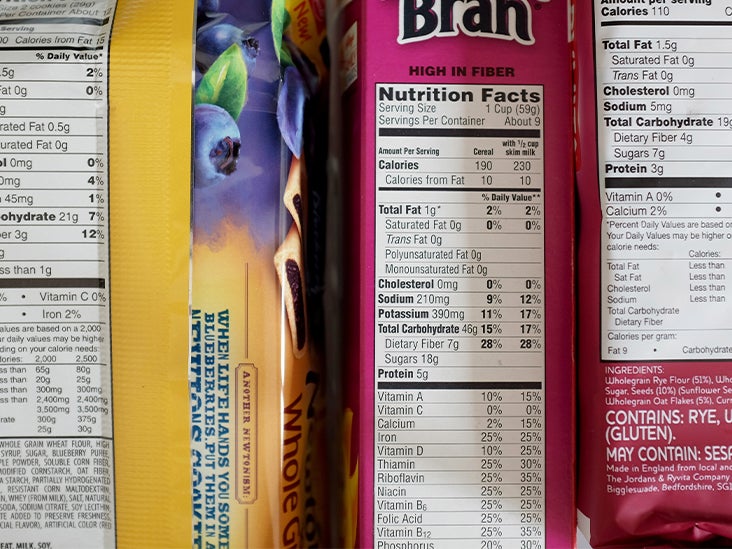

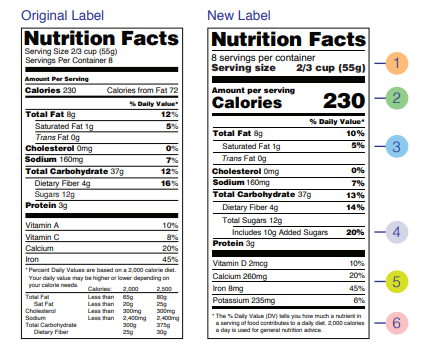

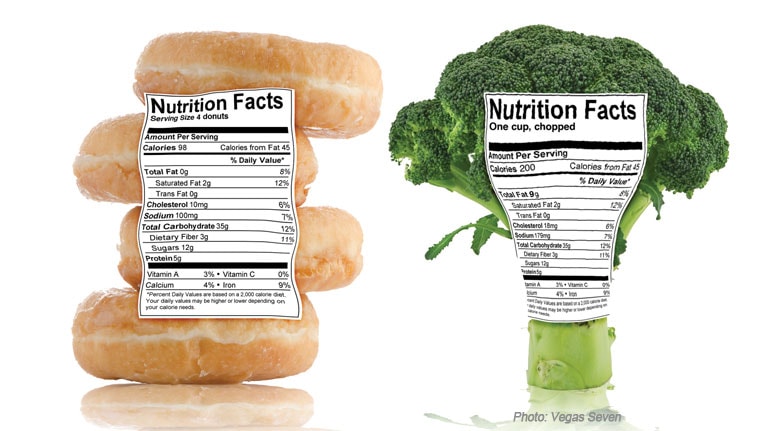

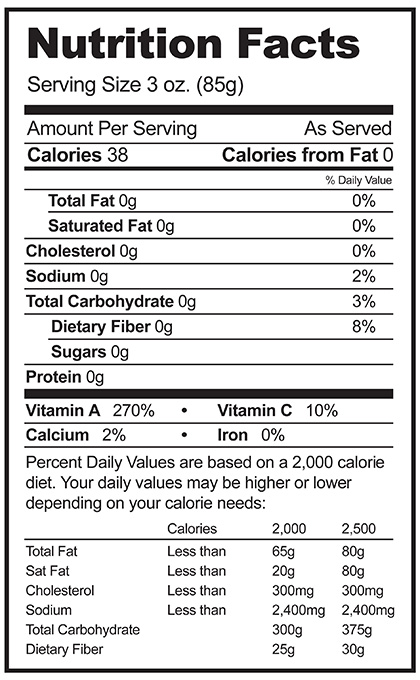

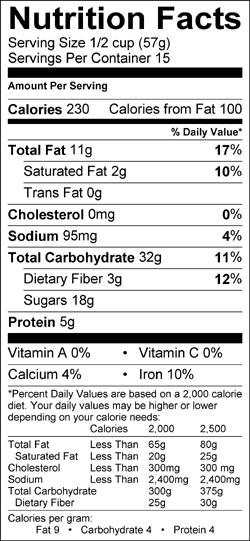
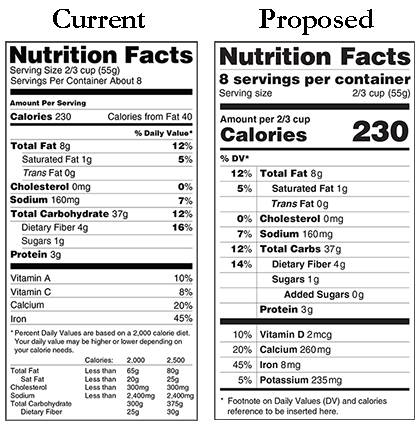

Post a Comment for "45 healthy eating food labels"